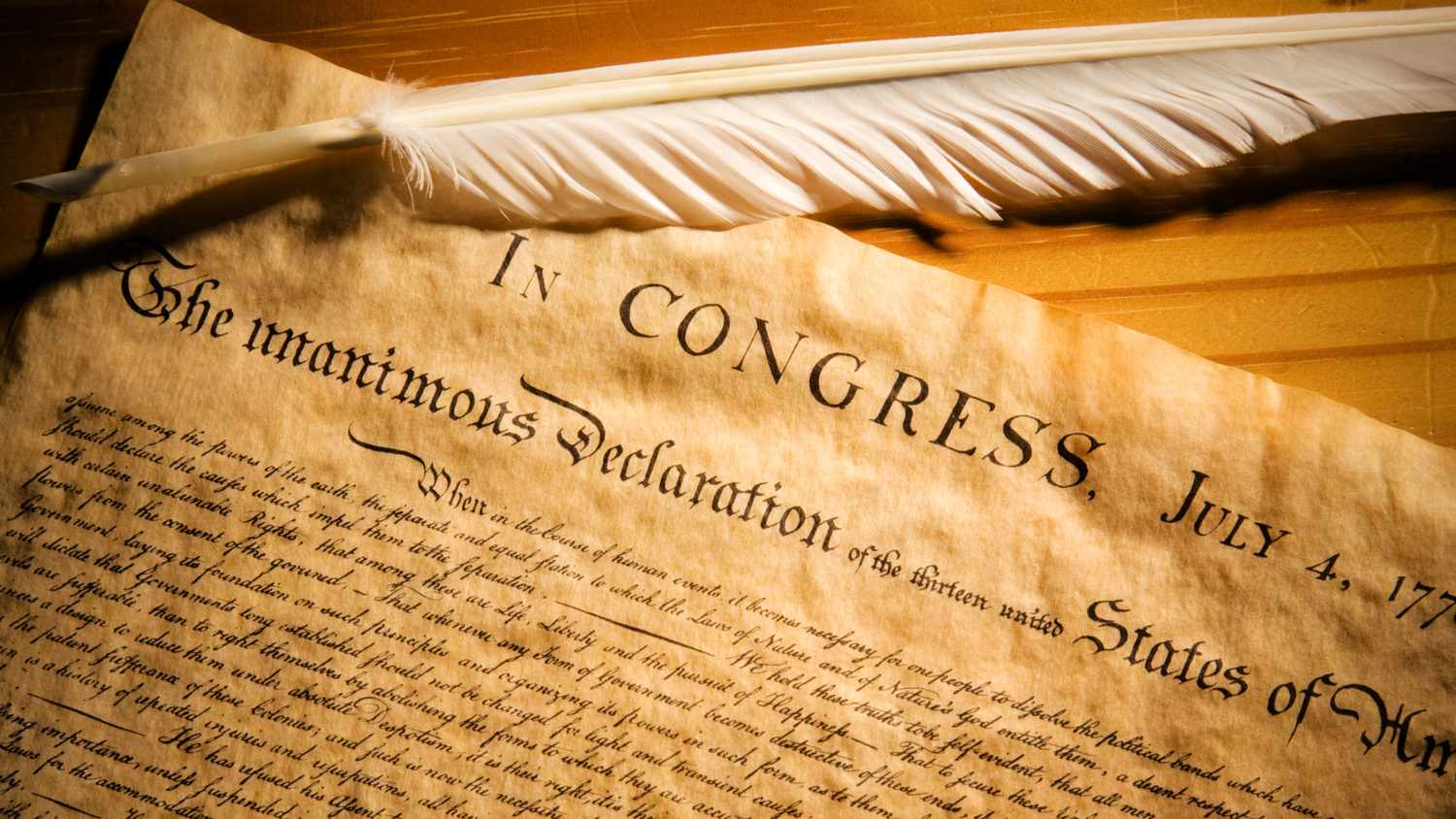In today's rapidly evolving digital landscape, safeguarding one's independence from the government has become an increasingly pertinent concern. With the omnipresence of technology and the vast amount of personal data being collected, citizens are rightfully concerned about preserving their privacy and autonomy. In this comprehensive guide, we will explore various strategies and measures that individuals can employ to protect their independence from government intrusion. Our mission is to provide you with practical advice and insights that will empower you to take control of your online presence and personal information.
1. Encrypt Your Communications
One of the fundamental steps towards safeguarding your independence from government surveillance is to encrypt your communications. Encryption is like a secure envelope for your messages, ensuring that only the intended recipient can access the content. Tools like end-to-end encrypted messaging apps and email services provide a strong layer of protection against unauthorized access to your conversations and personal information.
2. Utilize Virtual Private Networks (VPNs)
Virtual Private Networks, or VPNs, are invaluable tools for maintaining online privacy. They create a secure tunnel for your internet traffic, making it difficult for anyone, including the government, to monitor your online activities. When you connect to a VPN, your IP address is masked, and your data is encrypted, ensuring your online presence remains private and secure.
3. Strong Passwords and Two-Factor Authentication
Password security is the first line of defense against unauthorized access to your accounts. Ensure your passwords are strong and unique for each account. Implementing two-factor authentication (2FA) adds an extra layer of protection, making it significantly harder for anyone to compromise your online accounts.
4. Regularly Update Software and Operating Systems
Keeping your software and operating systems up to date is vital for your online security. Software updates often contain patches for known vulnerabilities, preventing potential exploits by malicious entities, including government agencies. Make it a habit to regularly update your devices and applications.
5. Be Mindful of Your Social Media Presence
Social media platforms are a treasure trove of personal information. Be cautious about what you share online, as this data can be mined and used by government agencies for various purposes. Adjust your privacy settings to limit the exposure of your personal information.
6. Use Encrypted Browsers and Search Engines
Consider using web browsers and search engines that prioritize your privacy. Platforms like Brave and DuckDuckGo offer enhanced privacy features, such as blocking trackers and providing encrypted search results.
7. Secure Your Home Network
Your home network can be a vulnerable point for potential intrusions. Secure your Wi-Fi network with a strong, unique password and regularly update your router's firmware. Additionally, consider setting up a guest network to separate your personal devices from those of visitors.
8. Educate Yourself About Digital Rights
To safeguard your independence from government interference, it's essential to stay informed about your digital rights. Familiarize yourself with the laws and regulations that govern online privacy and surveillance in your region. Advocate for your rights and support organizations that work to protect digital freedoms.
9. Encourage Strong Data Protection Legislation
Support initiatives and movements that advocate for robust data protection laws and regulations. Strong data protection legislation can help safeguard your independence by limiting government access to your personal information and ensuring transparency in data collection and use.
10. Seek Legal Counsel if Necessary
In the event that you believe your rights have been violated or that you are a subject of unwarranted government surveillance, consult with legal experts who specialize in digital privacy and civil liberties. They can provide guidance and support in protecting your independence and seeking redress.
By following these strategies and being proactive in safeguarding your online presence, you can significantly reduce the risk of government intrusion and protect your independence. Remember that the digital landscape is ever-evolving, so staying informed and adapting your privacy practices is crucial in this ongoing battle for personal autonomy.
Free Speech and Alternative Media are under attack by the Deep State. Chris Wick News needs your support to survive.
Please Contribute via GoGetFunding


